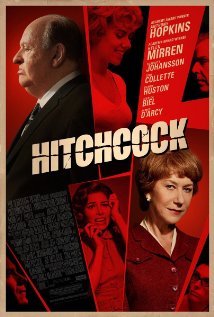 For me, the much-awaited “Hitchcock,” which had its world premiere at AFI Fest 2012 presented by Audi, is the cinematic equivalent of the curate’s egg: parts were good. And the actors were quite good (Oscar-worthy some say) in their parts: Anthony Hopkins as director Alfred Hitchcock, Helen Mirren as his wife Alma Reville and Scarlett Johansson as actress Janet Leigh.
For me, the much-awaited “Hitchcock,” which had its world premiere at AFI Fest 2012 presented by Audi, is the cinematic equivalent of the curate’s egg: parts were good. And the actors were quite good (Oscar-worthy some say) in their parts: Anthony Hopkins as director Alfred Hitchcock, Helen Mirren as his wife Alma Reville and Scarlett Johansson as actress Janet Leigh.
We meet the Hitchcocks in 1959, enjoying the success of “North by Northwest,” Hitch and Alma having made the critical flop “Vertigo” the year before. At 60, the great auteur was at the height of his fame and yet was unable to convince Paramount to finance his next film, “Psycho,” a story based on Robert Bloch’s lurid novel about a serial killer. So the couple decide to finance it themselves – a huge gamble that paid off nicely at the box office and with critics. The movie was nominated for four Oscars.
Against this backdrop, director Sacha Gervasi depicts the artist as a brilliant, shrewd, canny and compulsive man with no end of personal peccadilloes (overeating and obsessing over elegant blondes top the list) and renders a portrait of a marriage that was at times strained but resilient enough to last 54 years.
Upon accepting the AFI Lifetime Achievement Award in 1979, Hitchcock said: “I beg permission to mention by name only four people who have given me the most affection, appreciation, and encouragement, and constant collaboration. The first of the four is a film editor, the second is a scriptwriter, the third is the mother of my daughter Pat, and the fourth is as fine a cook as ever performed miracles in a domestic kitchen. And their names are Alma Reville.”
Arguably, their ultimate bond was the work – making movies that masterfully blend high art, humor and entertainment in a way that has been often repeated and only rarely rivaled.
With its luscious looks, meticulous period details and engaging performances (even if Hopkins sometimes veers into a slightly mannered impersonation), Gervasi’s “Hitchcock” entertains, to be sure. The opening sequence and the scenes where we see Hitch directing Leigh are especially memorable.
But as I watched this glossy yarn, I couldn’t help wondering why this story was being told, what it was adding or subtracting to the legacy of Alfred and Alma. In other words, because “Hitchcock” lacks an inherent drama and an editorial stance by Gervasi, it also fails to involve us deeply or move us. That said, there’s an intrigue to the back story of a film as famous as “Psycho” and, to that end, “Hitchcock” doesn’t disappoint.
“Hitchcock” opens today in limited release.





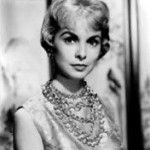
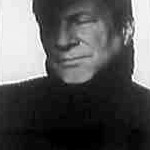

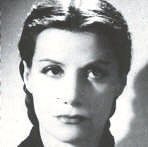
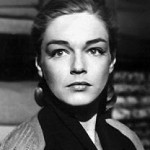





From FNB readers